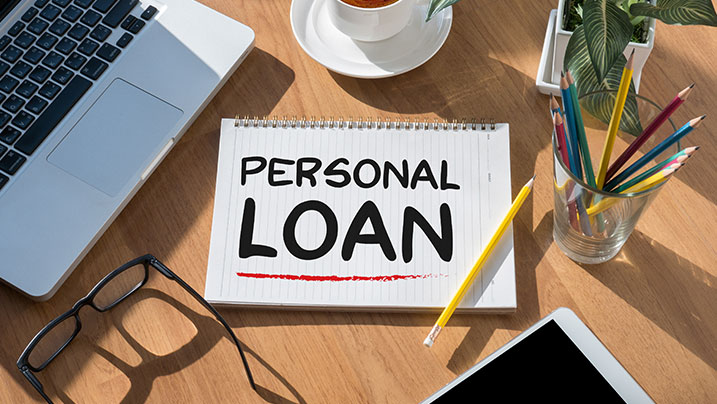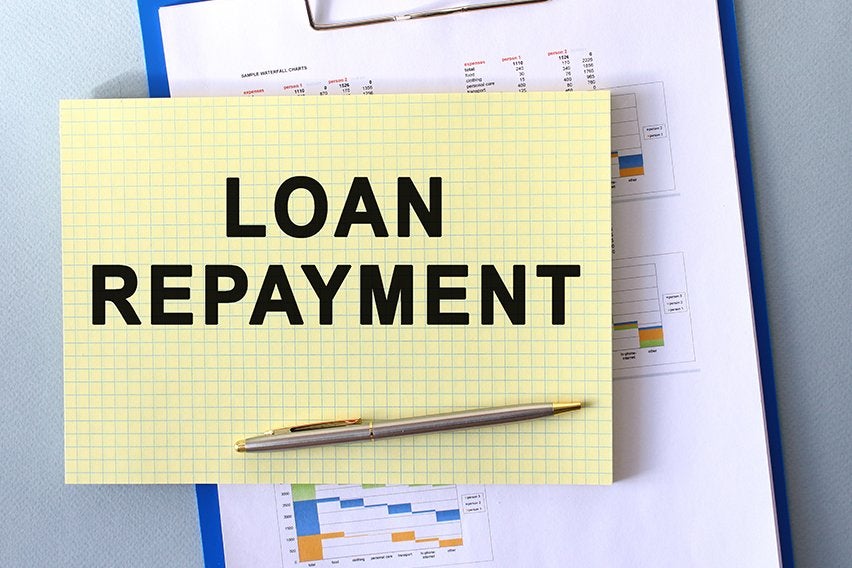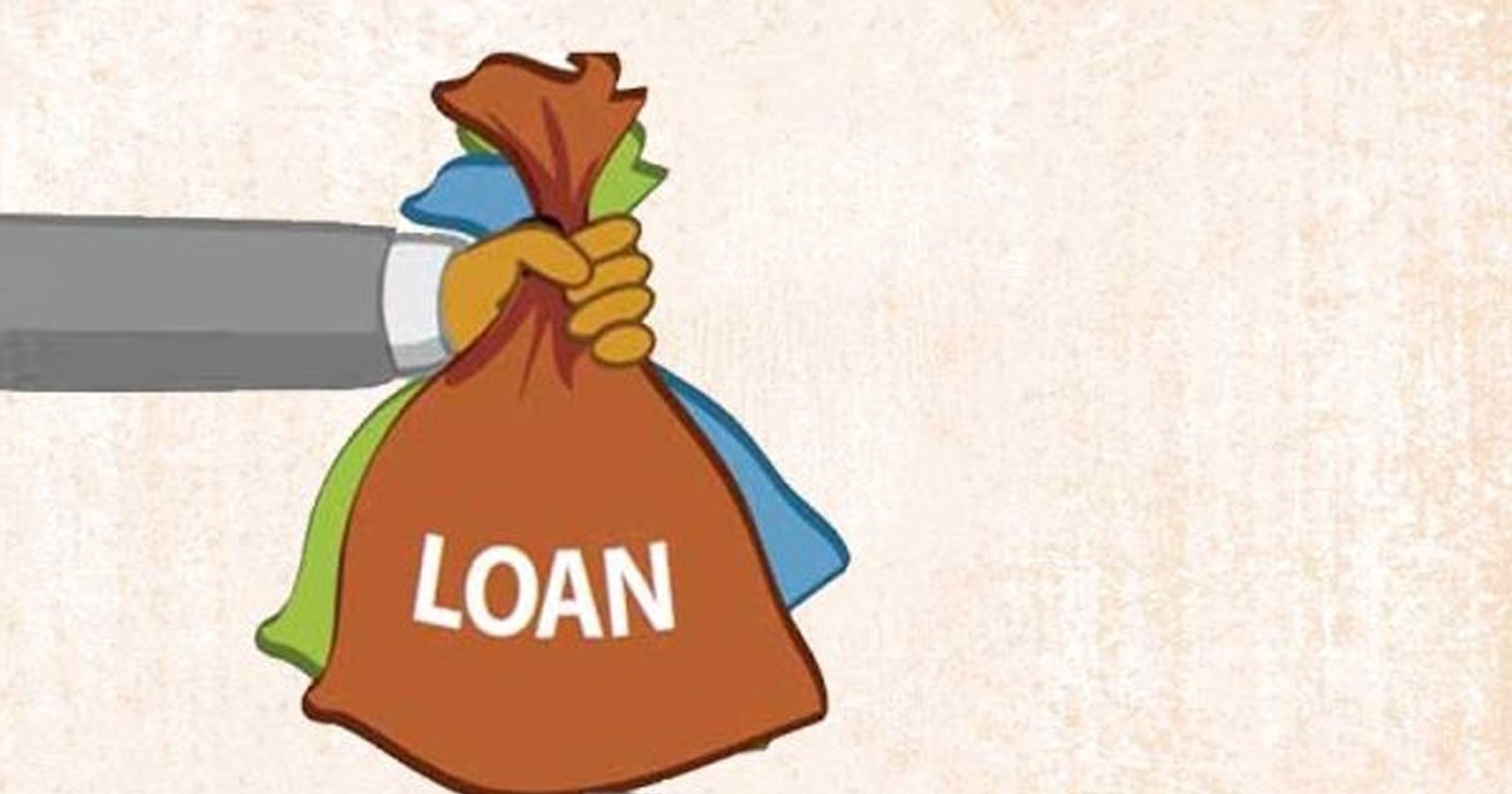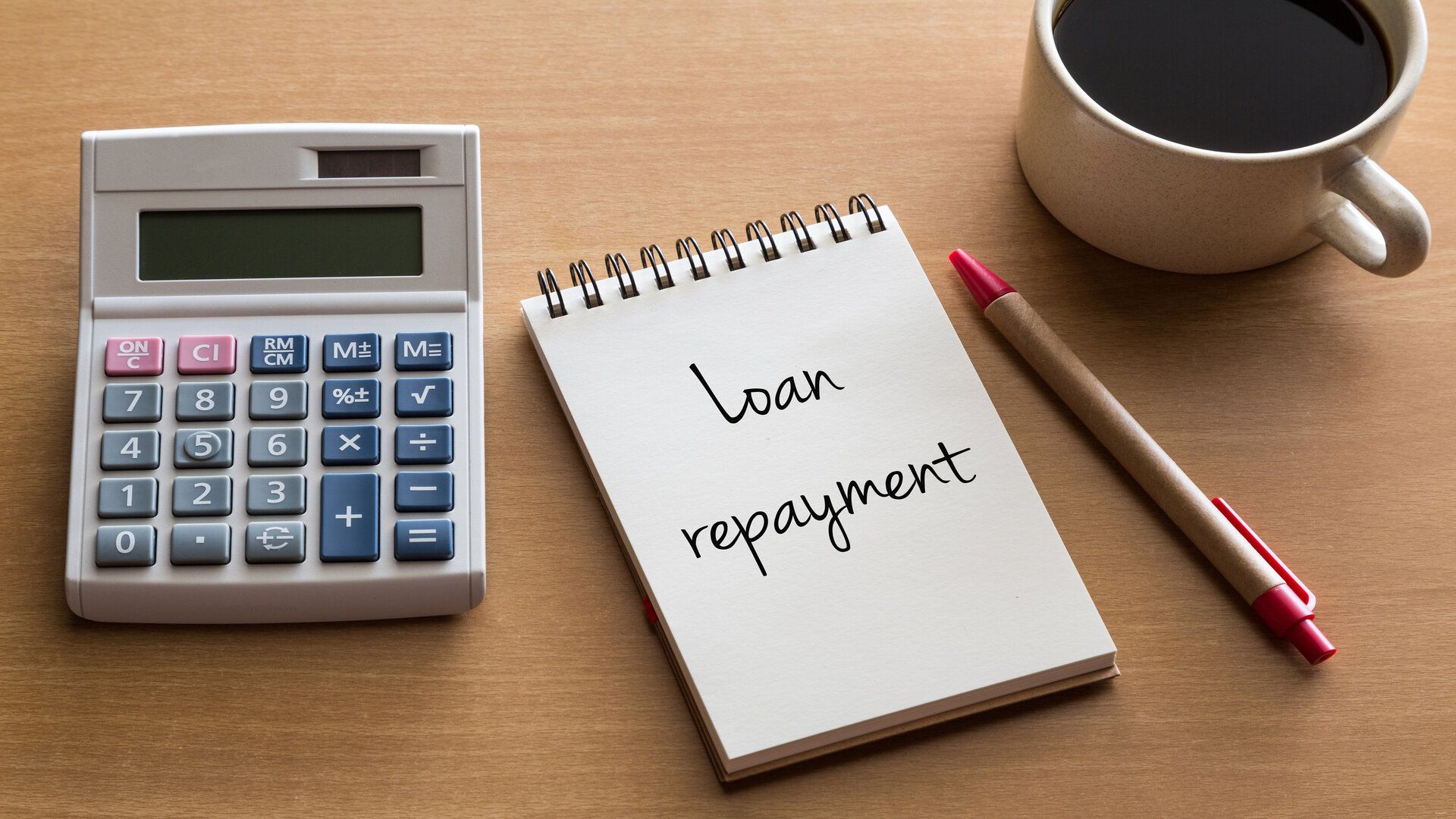The Reserve Bank of India (RBI) recently released a cautionary statement outlining the dangers posed by retail unsecured loans. The Credit Information Bureau (India) Limited (CIBIL) data also indicates that personal loan and credit cards, which are primarily unsecured, experienced the greatest growth for the quarter ending in December 2022, confirming the RBI’s concerns. But more concerningly, default rates on these types of personal loans have increased when compared to pre-Covid levels.
Repaying a loan
The main concern, in this case, is what you will do if you default on your obligations. For many people who do not know how to manage harassment by debt collection agents, this may be a highly distressing situation. A defaulter’s record can harm the health of their credit, resulting in a lower credit score and higher interest rates. Banks should sympathize with default victims and provide tailored remedies. While the defaulter’s legal rights include the right to notice, fair loan collection practices, grievance remedies, the right to legal representation, and the right to fair credit reporting.
Inform us of the defaulter’s legal rights and the appropriate next steps if the debt is not repaid.
1) Have the defaulters received any relief as a result of the RBI guidelines?
The RBI’s guidelines have undoubtedly provided some respite for the defaulters. Defaulters are given the opportunity to modify their loans and make lesser payments, which might help them recover their financial footing. Longer payback terms are also included in the guidelines, which may make it simpler for defaulters to handle their loans. Consider the scenario where you have a 10 lakh loan that you are unable to pay back. You can restructure the loan in accordance with RBI criteria so that you only have to make a payment of 5 lakhs right away and the other 5 lakhs will be repaid over a longer period of time. You may find it simpler to manage your debt and get your finances back on track as a result.
2) Repayment of loan – What, if any, effects do defaulting have on your credit health?
Your credit health may be significantly impacted by defaulting. Your credit score is probably going to drop, which will make it harder to secure loans in the future. Additionally, the loan’s interest rate could be greater. This is so that lenders can determine how risky of a borrower you are based on your credit score. Lenders may be less willing to lend to you if your credit score is poor since they will view you as a larger risk. Suppose you have a credit score of 750. With this credit score, which is regarded as good, you can be authorized for loans with interest rates that are substantially cheaper. However, if your credit rating drops to 600, lenders may view you as a riskier borrower and charge you a higher interest rate.
3) Do you have any suggestions for banks on how to handle cases of default?
The best course of action for banks when resolving default cases is to approach the circumstance with compassion and understanding. It is crucial to understand that people could experience financial difficulties or unanticipated events that result in default. Banks might aim to foster a climate that is welcoming and encouraging rather than taking a combative stance.
4) What procedures should the defaulter adhere to?
It is crucial for the borrower who is in default on a retail loan to act right away to remedy the issue. The following actions the defaulter should think about:
- Examine the circumstances.
- Get in touch with the lender.
- Scan the financial picture.
- Discuss a repayment schedule.
- Seek for expert assistance.
- Make payment a priority.
- Preserve credit rating.
- Look into debt settlement or restructuring.

5) Loan Repayment – What are the defaulters’ legal rights?
In India, legislation and a regulatory framework effectively protect the legal rights of defaulters. Recently, the Reserve Bank of India (RBI) ordered banks and financial businesses to do a technical write-off or compound settlement on accounts identified as frauds or intentional defaulters. This suggests that a willful defaulter or a corporation engaged in fraud won’t experience prejudice from lenders as a result of legal action taken against them. Additionally, following a minimum term of at least 12 months, debtors who had engaged into a settlement agreement can now apply for a new loan.
Read more: Sonam Bajwa poses in a Pink Salwar Suit with Kaftan-Style Sleeves, see images
![]()
|
|
 Facebook Page Facebook Page |
Click Here |
 Twitter Twitter |
Click Here |
 Instagram Instagram |
Click Here |



